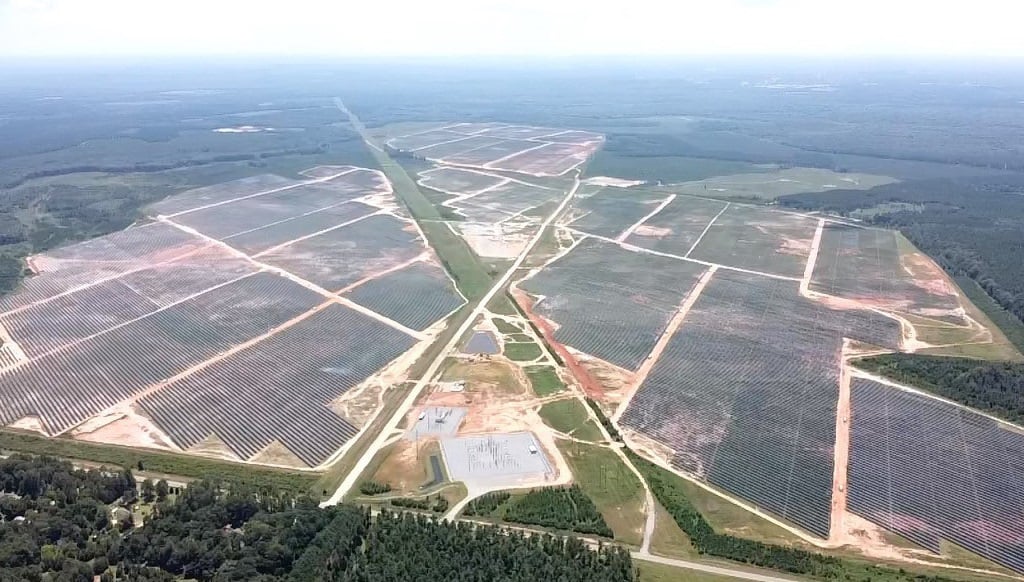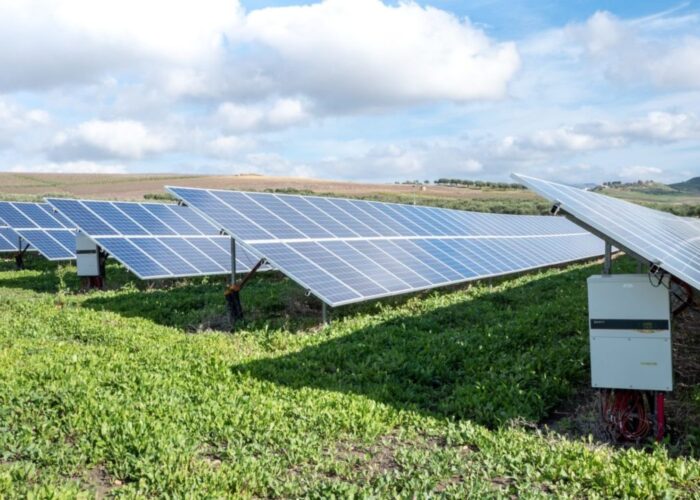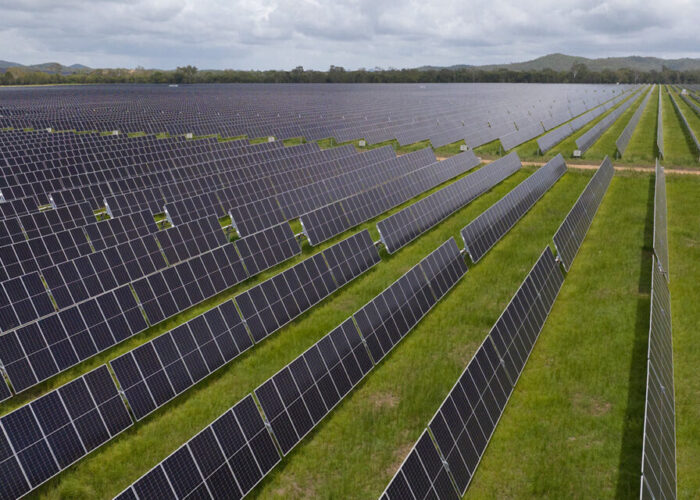
US solar developer Origis Energy has signed a supply agreement for more than 700MW of bifacial PERC PV modules from manufacturer Boviet Solar Technology.
Origis Energy has ordered Boviet Solar’s Vega Series 550W PERC monocrystalline bifacial PV modules for its US utility-scale solar projects, with delivery expected in 2023.
Unlock unlimited access for 12 whole months of distinctive global analysis
Photovoltaics International is now included.
- Regular insight and analysis of the industry’s biggest developments
- In-depth interviews with the industry’s leading figures
- Unlimited digital access to the PV Tech Power journal catalogue
- Unlimited digital access to the Photovoltaics International journal catalogue
- Access to more than 1,000 technical papers
- Discounts on Solar Media’s portfolio of events, in-person and virtual
It is the second such agreement Origis has made this year after it signed a 400MW supply agreement with Maxeon Solar, again for utility-scale projects and with delivery starting in June 2023.
Samir Verstyn, chief investment officer and chief operations officer at Origis Energy, said Boviet Solar had a solid grasp of the US market and that its supply arrangement would allow Origis to “achieve important productivity and cost objectives across our portfolio”.
In May, Origis secured a US$375 million loan that will help it progress with its pipeline of more than 20GW of PV, solar-plus-storage and standalone storage projects in the US.
Boviet said its solar modules have been listed as PVEL Top Performer PV Module scorecard since 2019 and that it has also achieved BloombergNEF’s Tier 1 status since 2017.
Module supply in the US has constricted substantially following supply chain disruptions, trade tariffs and anti-circumvention investigations. PV Tech Premium has laid out the key factors to consider moving forward as developers rush to secure supply in a seller’s market.
Announced yesterday (11 July), the news follows calls from the International Energy Agency (IEA) to diversify the production and distribution of solar modules as a means to reduce China’s dominance in the industry. But key policy measures in the US have failed to pass into law, holding back the build-out of the US PV manufacturing sector.







